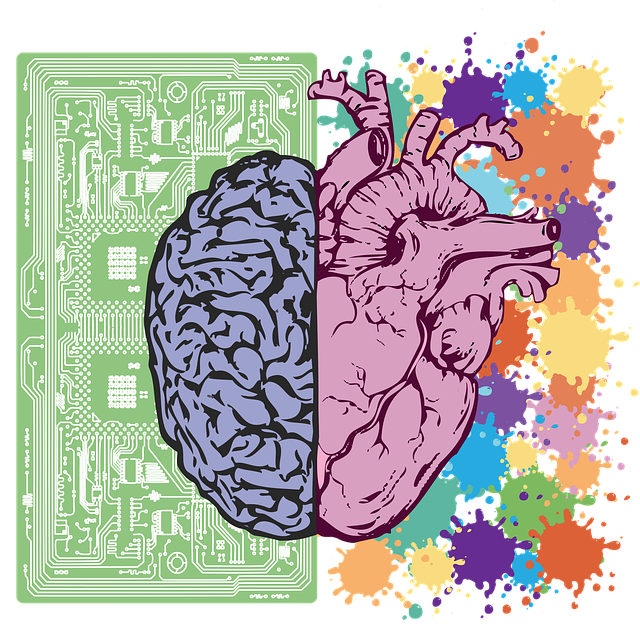Dealing with stress and anxiety is a natural and normal part of life. Sometimes it’s “good” stress – like having a baby or starting a new job and sometimes it’s “bad” stress – like dealing with the uncertainty of a global pandemic. What determines the effect that good or bad stress has on the body is the length of time that we are exposed to the stressor and the measures we take to combat its effects.
It may surprise you to hear that 75-90% of all doctor’s visits are related to stress. Stress is often the underlying cause of issues ranging from chronic headaches to digestive disorders to heart problems and even chronic pain. It is safe to say that if stress is left unaddressed it will often manifest as a bigger, more complicated problem down the road.
Here's a quick review of how stress is processed by the body:
There are two main divisions of our autonomic nervous system – sympathetic (“fight or flight”) and parasympathetic (“rest and digest”). Our sympathetic nervous system is meant to warn us of an impending threat – our heart rate increases, breathing quickens, adrenaline starts pumping, all the while the body inhibits the function of the digestive and immune systems. Once the threat is over, the parasympathetic system regains control and the body begins to relax and all systems resume normal functioning.

In today’s world, we aren’t often meant with many threats to our survival, but our bodies are still spending a significant amount of time in a sympathetic state due to the pressures put upon us by stress. Many who suffer from insomnia, poor digestion, weight gain, chronic headaches, etc. can trace their symptoms back to when their stress levels increased. In other words, their body was spending too much time in a sympathetic state and not enough time recovering in the parasympathetic state. So, what can we do to encourage the body to spend more time “resting and digesting” in the parasympathetic state?
Natural ways to help manage stress and anxiety levels:
- Distance yourself from your triggers – Does watching the news or scrolling on Facebook increase your anxiety levels? Then turn it off or limit it to only one hour a day. You need to make a conscious choice to remove yourself from the conversations and interactions that make you feel like you’re fighting an uphill battle.
- Exercise – We’ve heard this many times before but the endorphin release you get from exercise is literally the antidote to the chemical cascade that stress induces. Exercise doesn’t have to be an intense, sweat-dripping cycle session to give you these results, it can be a walk around the block or a dance party in your living room.
- Grounding – or Earthing as it’s also called is as simple as it can get. Take 10 minutes a day and walk on the grass with your bare feet to absorb the negatively charged electrons of the earth. Those electrons help to balance out the positive charge that our bodies and electronics produce throughout the day. Studies suggest that Earthing can lower cortisol levels, reduce inflammation and improve sleep quality – all things that help combat high stress levels.
- Get acupuncture – Acupuncture has a direct impact on balancing out the nervous system. During an acupuncture treatment, the parasympathetic nervous system is engaged and the sympathetic is dialed down – this causes blood pressure to lower, breathing to slow and an overall sensation of calm. When the treatments are repeated with the recommended protocol from your practitioner, you will notice a reduction in stress and anxiety as well as improved digestion, immunity and sleep quality.
If you’re truly concerned about the toll stress is taking on you then implementing some of these strategies is a good starting point for you. For most of us, stress isn’t just going to go away on its own and it certainly won’t go away without having an impact on our entire system. Now is the perfect time to turn your focus inside and pay attention to the subtle hints your body is giving you – remember that self-care is the ultimate form of healthcare.

